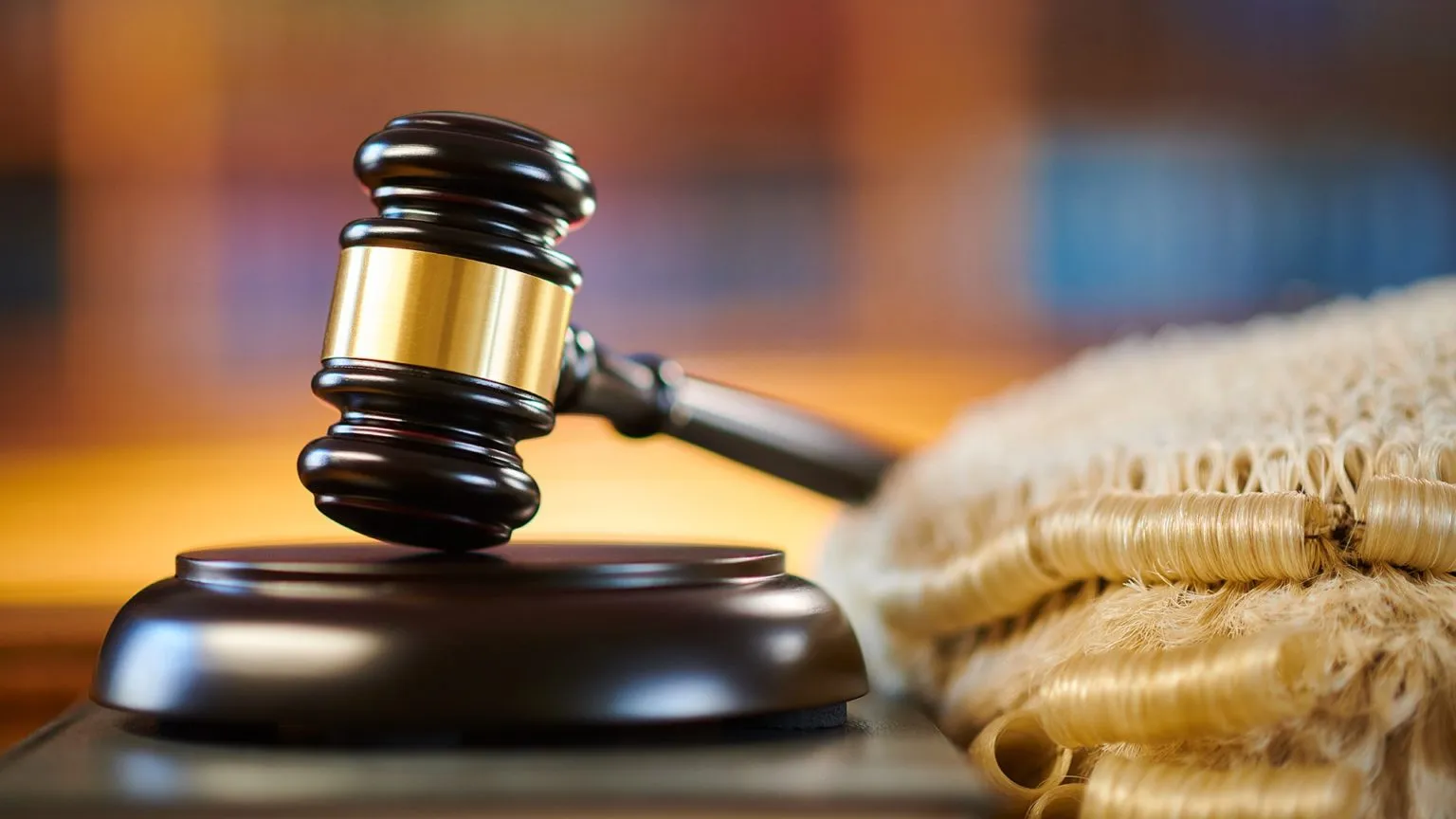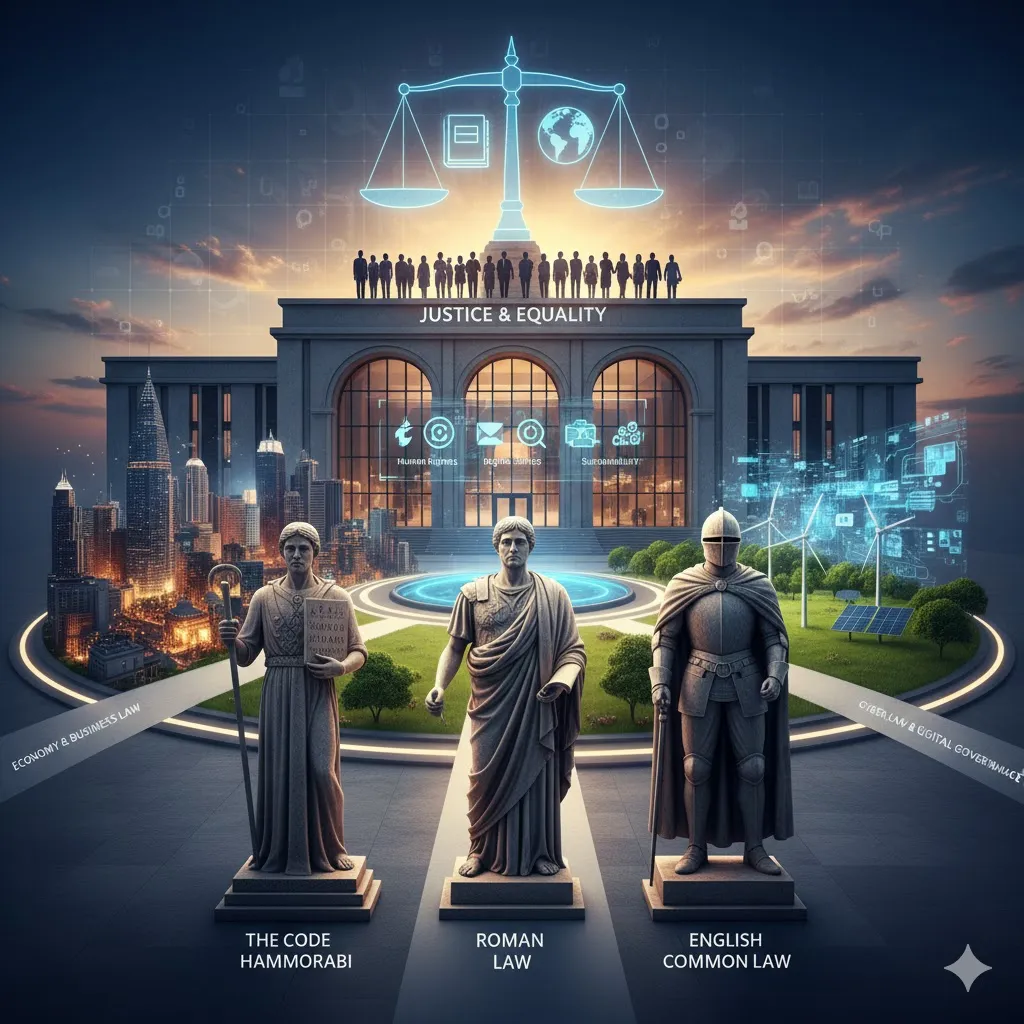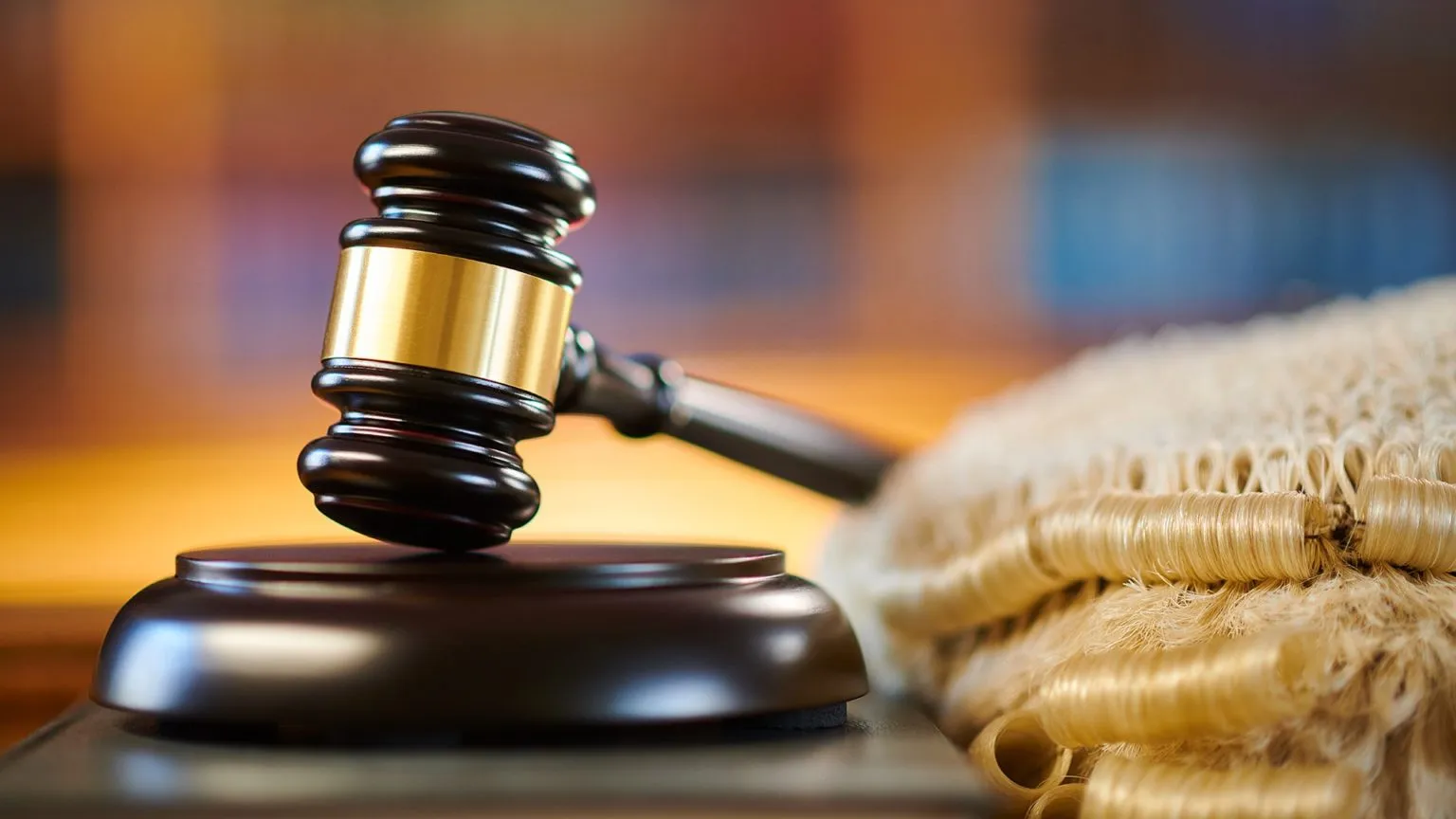Law: The Foundation of Justice, Order, and Society
Introduction
The concept of law has existed for thousands of years and remains the cornerstone of every civilized society. From ancient codes carved on stone tablets to modern constitutions that guide entire nations, law shapes how people live, interact, and resolve disputes. It protects rights, enforces responsibilities, and establishes the principles of fairness and justice that govern our world.
In this comprehensive guide, we will explore the meaning, history, types, and importance of law, as well as how it evolves to meet the needs of changing societies. Whether you’re a student, a professional, or simply someone interested in understanding how the world operates, this article will give you a deep and clear overview of the legal system that underpins modern life.

1. Understanding What Law Is
At its simplest, law is a set of rules created and enforced by governing authorities to regulate behavior within a society. These rules ensure peace, order, and justice while protecting individuals and the community as a whole.
1.1 The Definition of Law
Many philosophers and legal scholars have defined law in different ways. For example, Sir William Blackstone described it as “a rule of action prescribed by the supreme power in a state.” In other words, it’s the framework that dictates what people can and cannot do.
1.2 The Purpose of Law
The purpose of law is not only to punish wrongdoers but also to maintain harmony. It defines acceptable conduct, protects rights, settles disputes, and provides remedies when those rights are violated. Without law, chaos would replace order, and society could not function effectively.
2. The History and Evolution of Law
The story of law is as old as civilization itself. Over centuries, societies have developed their own systems of rules and justice.
2.1 Ancient Legal Systems
- The Code of Hammurabi (Babylon, around 1754 BCE) is one of the earliest known written laws, emphasizing justice and retribution.
- Roman Law introduced principles such as equality before the law and fair trials—ideas that still influence modern systems.
- Common Law originated in medieval England and remains a foundation for many legal systems today.
2.2 Modern Legal Development
As societies industrialized and globalized, law expanded to cover new areas like labor rights, international relations, and digital privacy. Today, law continues to evolve to address emerging issues like cybercrime, artificial intelligence, and environmental protection.
3. The Main Sources of Law
Every legal system is built upon certain sources that provide the authority and legitimacy of its rules.
3.1 Constitution
The constitution is the supreme law of a nation, outlining government structure, powers, and citizens’ fundamental rights. Any law that conflicts with it is invalid.
3.2 Legislation
Legislation, or statutory law, is created by lawmakers—parliaments or congresses—to regulate specific issues like taxes, education, or crime.
3.3 Judicial Decisions
Also known as case law or precedent, judicial decisions interpret existing laws and set examples for future rulings. This is especially important in countries that follow the common law tradition.
3.4 Custom and Tradition
In many cultures, customary law—rules passed down through generations—plays a vital role, especially in family and property disputes.
4. The Branches of Law
Law is a vast field, divided into multiple branches to address different aspects of human activity.
4.1 Public Law
Deals with the relationship between individuals and the state. It includes:
- Constitutional Law – defines government structure and citizens’ rights.
- Administrative Law – governs the actions of public officials.
- Criminal Law – deals with crimes and their punishments.
4.2 Private Law
Focuses on relationships between individuals or organizations. Examples include:
- Contract Law – governs agreements and obligations.
- Tort Law – addresses harm or injury caused by negligence.
- Property Law – regulates ownership and usage of property.
4.3 International Law
Concerns the rules and agreements between countries, such as treaties, trade laws, and human rights protections.
5. The Legal System and Its Structure
Every country has a unique legal structure designed to create, interpret, and enforce law.
5.1 The Legislature
The legislative branch—parliament or congress—creates laws. Legislators debate, draft, and pass bills that become the foundation of national regulations.
5.2 The Executive
This branch, led by the president or prime minister, enforces law and ensures public policy is carried out effectively.
5.3 The Judiciary
The judiciary interprets laws and resolves disputes through courts. Judges ensure that justice is delivered fairly and according to established rules.
5.4 The Role of Legal Professionals
- Lawyers represent clients and provide legal advice.
- Judges preside over trials and deliver verdicts.
- Prosecutors bring criminal cases on behalf of the state.
6. Criminal Law vs. Civil Law
One of the most important distinctions in the legal world is between criminal law and civil law.
6.1 Criminal Law
This branch addresses acts that harm society as a whole—such as theft, assault, or murder. The goal is punishment and deterrence.
- Example: The state prosecutes the accused, who may face imprisonment or fines if found guilty.
6.2 Civil Law
Deals with disputes between individuals or entities, often involving compensation rather than punishment.
- Example: A breach of contract or personal injury case.
6.3 Key Differences
AspectCriminal LawCivil LawPartyState vs. DefendantIndividual vs. IndividualGoalPunishmentCompensationBurden of ProofBeyond reasonable doubtPreponderance of evidence
7. The Importance of Law in Society
Law is the invisible structure that keeps society balanced and functional.
7.1 Maintaining Order
Without law, there would be no guidelines for acceptable behavior. It prevents chaos by defining right and wrong.
7.2 Protecting Rights and Freedoms
Law safeguards basic human rights—like freedom of speech, religion, and equality—ensuring everyone is treated fairly.
7.3 Promoting Justice
The legal system provides mechanisms for resolving disputes peacefully, allowing people to seek justice rather than resort to violence.
8. The Role of Law in Modern Life
In today’s interconnected world, law affects nearly every aspect of daily living.
8.1 Economic and Business Regulation
Business law ensures fair competition, regulates trade, and protects consumers. Without it, markets would collapse under fraud and exploitation.
8.2 Technology and Privacy
As digital technology advances, cyber law addresses online crimes, data protection, and intellectual property.
8.3 Environmental and Social Responsibility
Environmental law helps combat pollution, regulate natural resource use, and protect future generations.
9. Challenges Facing the Legal System
While law aims to promote justice, modern society presents new and complex challenges.
9.1 Overcrowded Courts and Delays
Backlogged cases often delay justice, undermining public trust in the legal system.
9.2 Inequality and Access to Justice
Not everyone can afford quality legal representation. Efforts to expand legal aid are crucial to ensure fairness for all.
9.3 Globalization and Cross-Border Disputes
International commerce and migration have made law more complex, requiring cooperation among nations to resolve transnational issues.
10. The Future of Law
As the world changes, so does law. The future will be defined by technology, diversity, and global cooperation.
10.1 Legal Technology and Artificial Intelligence
AI tools are now assisting with research, contract review, and even predicting court outcomes. Legal technology will continue to make processes faster and more efficient.
10.2 International Collaboration
Global challenges like climate change, pandemics, and cyber threats require unified international law frameworks.
10.3 Ethical and Humanitarian Focus
The future of law must balance technological progress with human rights, ensuring innovation does not compromise ethics or fairness.
Conclusion
The law is more than just a set of rules—it is the backbone of civilization. It defines justice, protects rights, and keeps societies organized and secure. From ancient codes to digital legislation, law continues to evolve with humanity’s progress.
By understanding its history, structure, and purpose, we can better appreciate how deeply law influences our everyday lives. Whether guiding governments, businesses, or individuals, law remains the essential tool for achieving justice and preserving human dignity in an ever-changing world.











